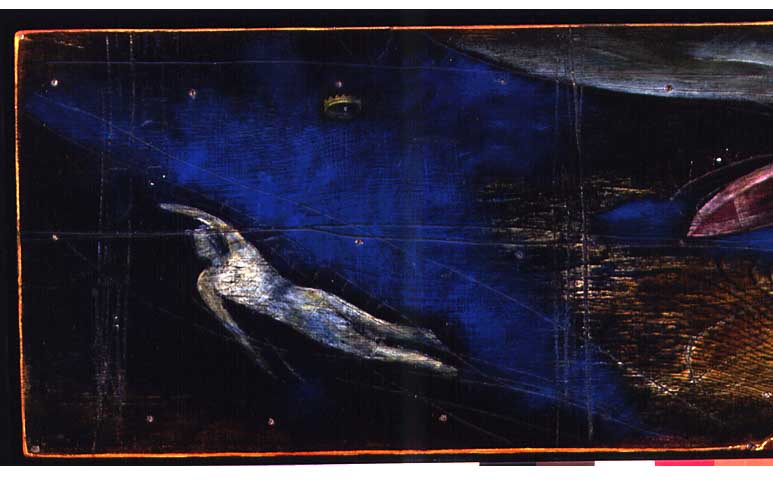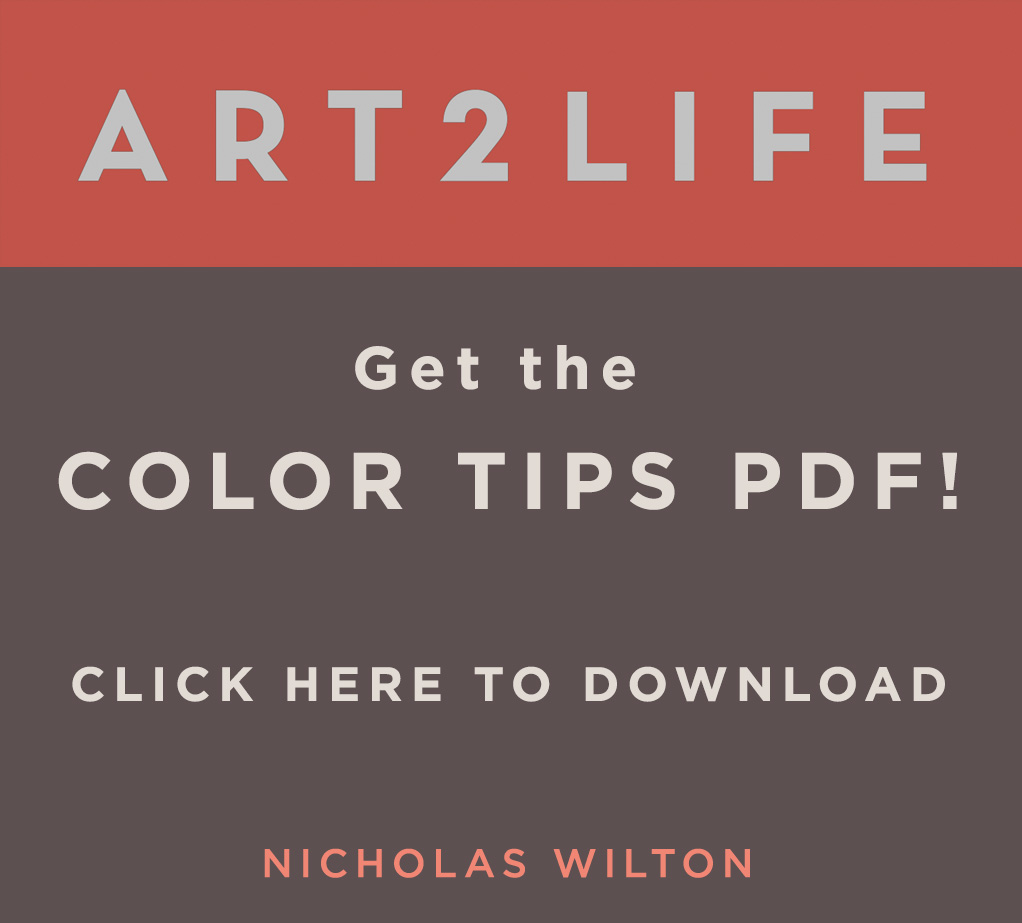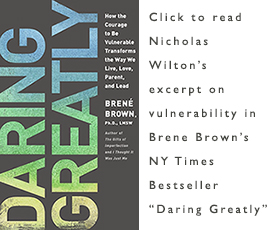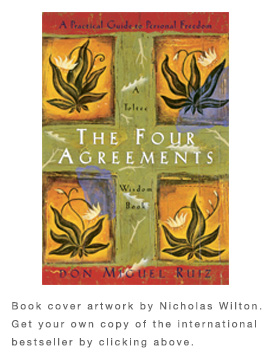 I am right smack dab in the middle of a big pile of paintings for a new show in June. I have been working hard for several months. Fifty percent of my time has already been used up. Many paintings are started, but none are finished. How this body of work is going to turn out is not entirely clear yet, but being only halfway is never clear. It is a lot like swimming alone between two islands. At some point you will be equally far away from both. You are in the middle. And that sometimes can be a little scary.
I am right smack dab in the middle of a big pile of paintings for a new show in June. I have been working hard for several months. Fifty percent of my time has already been used up. Many paintings are started, but none are finished. How this body of work is going to turn out is not entirely clear yet, but being only halfway is never clear. It is a lot like swimming alone between two islands. At some point you will be equally far away from both. You are in the middle. And that sometimes can be a little scary.
That is where I am right now. In the middle. Usually I am quite stressed out at this point. I mean really stressed out. But not this time.
Interestingly, I think it has to do with something I have learned in the past couple of years. It came from a powerful book I read titled “The 7 Habits of Highly Effective People,” by Steve Covey. Covey presents an approach, almost a personal management system, to become more effective in attaining your goals. He offers up principles of character ethics that are universal and timeless along with 7 habits that together can greatly enhance your productivity and personal well-being.
The second of these habits, #2 “Begin with the End in Mind”, I have found most helpful in my life – especially, believe it or not, in my creative process.
Not so long ago I used to spend a great deal of time planning what my finished paintings were going to look like. I always did this when I had a big show of, say, 20 paintings that I had to create in several months. I never felt entirely confident that I would end up with a cohesive body of work if I didn’t almost half create the work ahead of time so I could at least imagine the finished paintings. How else would I know when to stop or where to specifically go if I didn’t have a plan? To not do otherwise was too scary. What if I came up with a bunch of weak work?
This habit – #2 “Begin with the End in Mind” – supports this idea of planning. Basically having an end result imagined does improve your decisions, especially when there is a singular goal in mind. This seems to work in almost any arena. Mission statements for businesses and institutions are an example of “keeping the end in mind”. We have all wanted something so badly that the end result stays centermost in our minds till this goal is realized.
In art making, however, I have found that overly planning and actually knowing too much about where I was going with my art killed some of the joy I had for making it in the first place.
So while I agree and have found that the habit of “Beginning with the End In Mind” helpful in almost all areas of my life, it didn’t help so much in the arena of my art making.
That is until I tweaked it. I simply changed the language. Now I “Begin with the ending ‘feeling’ in Mind”. In other words I try to imagine the emotional experience of those who will see the work, including myself, when I walk into the gallery. How do I want to feel? How do I want others to feel? For example, with my recent body of work, I want it to feel more intuitive and fresh. I want the viewer to experience firsthand my willingness to let the materials be themselves. I personally want to let my work become more filled with wonder and curiosity and risk than anything I have ever made previously. I want to show more of myself, I want people to feel who I am and what I care about more than ever before.
Notice that there is no visual indication or idea of what this will look like, only the feeling. This simple twist of words has given me tremendous freedom. I know much more quickly when to say “No” and it seems now I am saying “No” more frequently. There is much greater discernment this time around and I am quite certain this is a good thing.
Maya Angelou, the African American poet, actress and activist once said, “I’ve learned that people will forget what you said, people will forget what you did, but people will never forget how you made them feel.”
I believe this to be true. Especially in Art.
What helps you achieve your creative goals?
In gratitude, Nicholas



